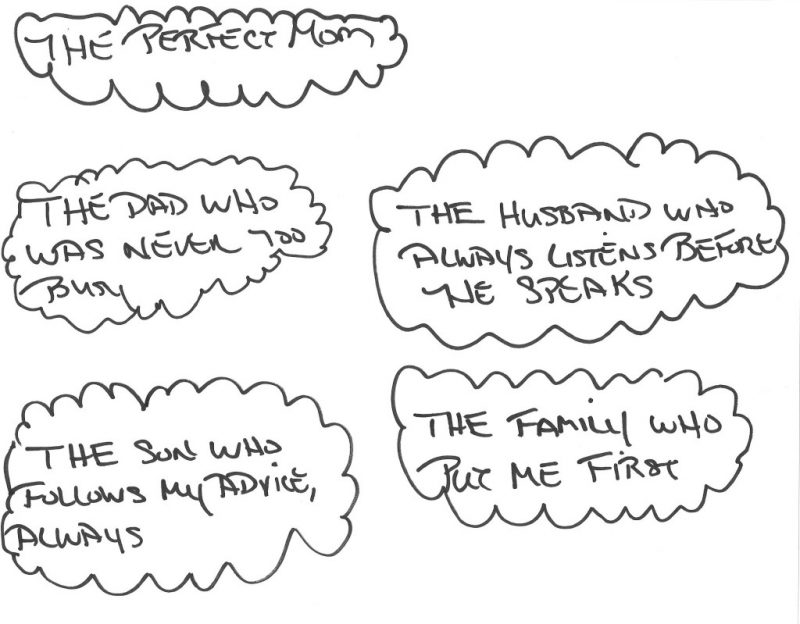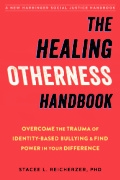We humans pin our hopes on potential. There’s something there, we can glimpse it, touch it momentarily. Then, it’s gone again; as quickly as it arrived. Sometimes, we wait a lifetime to see it again.
So go relationships of all sorts. Our parents, partners, children, siblings, friends- they will all let us down at some point. And why is that? They’re good, honest folks, right? Why can’t we just be happy with them as they are, and not expect them to be something they’re not?
In our childhood years, we developed a clear sense of our needs from our caregivers. We came to idealize the traits that mattered most to us; and if we had to share our parents with other people and priorities (as most children do), we also developed jealousy as a natural response. Jealousy also came to us on those days when our parents were off their game and less attentive due to stress and fatigue from working all day, taking care of a household, and other life commitments.
The thing about jealousy is that it feels really ugly and as such is hard for us to name. Jealousy is our felt sense that we should be occupying spaces, either physical or emotional, that are taken up by someone or something else. As partners, we’re jealous of things that take the other person away from us. As colleagues, we’re jealous of accolades that a peer receives. As parents, we’re jealous of our children’s attention to their own lives and priorities that develop as they grow older.
The most freeing thing that we can do as adults is to understand and try to accept that no other person exists to fully serve our needs. They won’t always be who we want them to be, no matter how much they love us and we love them. To accept this about them is to free ourselves from the frustration over not feeling that we have enough of them or their time.
One strategy for healing this is to begin understanding the other person as a being who, as close they may be to us, is in fact on a journey separate from our own. I like to imagine each us of as a tiny point of light that, in our life quest, moves slowly toward a larger and much brighter source of light. Other points of light may be very close to us, but they are on their own journeys, at least until we are all rejoined with the big light source toward which we all move.
A great follow-up strategy is through the use of a space where we actively commemorate the lost dream we had about the person’s role in our life. This sounds a little strange, so stay with me. Just for a day or an evening, create a small space on a table or countertop. Nothing big or elaborate. Next, gather the symbols of that lost dream we hold about the other person. Maybe it’s old pictures from a happy time, a gift they gave us, a small bouquet of flowers like some that we wanted them to appreciate more than they did. Maybe it’s a small hand-drawn picture that we put together, something we call “My Perfect Mom” or “The daughter who always puts me first.”
Put it all together and observe it. If you don’t have a space in your home to do this, write these things out in a journal. it doesn’t matter how these words and symbols are assembled. The most important thing is that you give voice and shape to your desires for the person and who you wanted her or him to be.
As you complete the exercise, notice the feelings wash over you as you give space to your lost dreams for the person. Notice too how your own needs of them begin to look and feel in response to who they actually are. You may begin to recognize how confining it would be for another person to live entirely according to your wishes instead of existing as a point point of light that moves along its own journey.
You are now ready to embrace the individual, not just through an attachment or association to your own life, but for the person’s own soul journey and its potential. In turn, you free yourself just a bit more from jealousy, and can perhaps bring yourself into a more loving and receptive relationship possibility.


